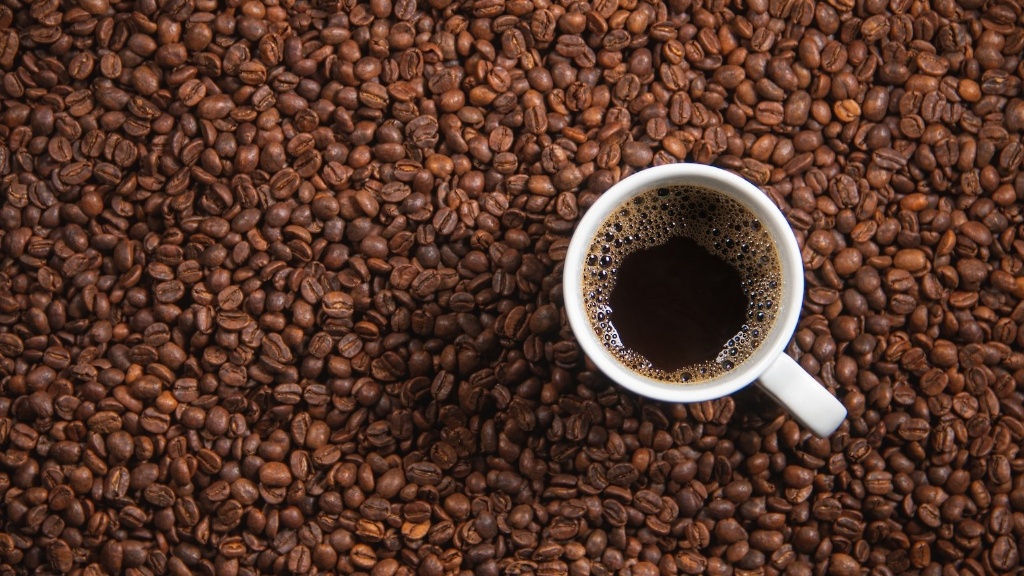Caffeine Intake & Short Term Effects
Iced coffee is a popular summertime drink that can provide a much-needed afternoon pick-me-up. Many people enjoy the flavor, aroma, and convenience of iced coffee. Yet consuming this type of coffee every day could have long-term health consequences.
Caffeine is the main active ingredient in iced coffee, and its effects on the body are well known. It can speed up the heart rate and increase alertness, enabling people to stay awake longer. Yet, when taken in high doses, caffeine can cause jitters, anxiety, and nausea. In addition, the body can become dependent on it and require more of it to achieve the same effects.
In the short term, up to 400 milligrams (mg) of caffeine per day is considered safe for most adults. The amount of caffeine in a cup of iced coffee can vary, depending on how it is made. Generally, a cup of iced coffee contains between 88 and 150 mg. That means that drinking up to three cups of iced coffee per day can still be considered a safe amount, depending on the other sources of caffeine in your diet.
Caffeine Intake & Long Term Effects
However, even low to moderate consumption of caffeinated beverages on a daily basis has been linked to health risks, including hypertension, cardiovascular disease, depression, and insomnia. According to the American Heart Association (AHA), regular consumption of amounts higher than 400 mg of caffeine could place a person at risk for serious health complications.
A study from the AHA found that consuming more than three cups of iced coffee per day could raise blood pressure and increase the risk of stroke and other cardiovascular issues, with particular risks observed among those with pre-existing conditions. The research also suggested that regular consumption of iced coffee could increase arrhythmias and interfere with sleep, decreasing the restorative and protective properties of sleep.
Therefore, it is important to monitor your daily caffeine intake and reduce your consumption of caffeinated beverages if necessary. Some health experts suggest drinking iced coffee only occasionally, such as on special days or when an extra burst of energy is needed.
Alternatives to Iced Coffee
If you find yourself drinking too much iced coffee, or it is making you feel jittery and anxious, consider some of these options to get your caffeine fix.
Non-caffeinated beverages, such as herbal tea and decaffeinated coffee, are good alternatives to iced coffee. Herbal teas are a great source of antioxidants, while decaffeinated coffee still yields that familiar flavor without the added caffeine buzz.
Drinking more water is also a good alternative to iced coffee. Water helps to keep the body hydrated and assists with the metabolism of food and the removal of waste. It also helps regulate heart rate and maintain normal body temperature.
Additionally, healthy snacks can help provide sustained energy. A piece of fruit or a handful of almonds can give you the same boost without the density of caffeine.
Sleep Habits & Diet
If you want to reduce your iced coffee consumption, a good first step is to take a look at your sleep habits. Studies have found that those who sleep fewer than six hours a night tend to consume more caffeine than those who get seven to eight hours of sleep.
Making sure you get enough rest can help reduce the need for extra caffeine. Additionally, getting adequate exercise, eating a balanced diet, and managing stress levels can help promote energy and alertness.
Adopting healthy sleep hygiene practices can also help reduce the need for extra caffeine. This includes turning off electronic screens at least an hour before bedtime, avoiding caffeine after 3 pm, and avoiding alcohol.
Conclusion
Overall, while iced coffee may not be bad for you when consumed in moderation, excessive intake may lead to significant health risks over time. It is important to recognize how your body responds to caffeine and adjust your consumption accordingly. In extreme cases, those who consume large amounts of caffeine may need to abstain from iced coffee entirely. As such, consulting a physician if you experience any adverse effects is recommended.

